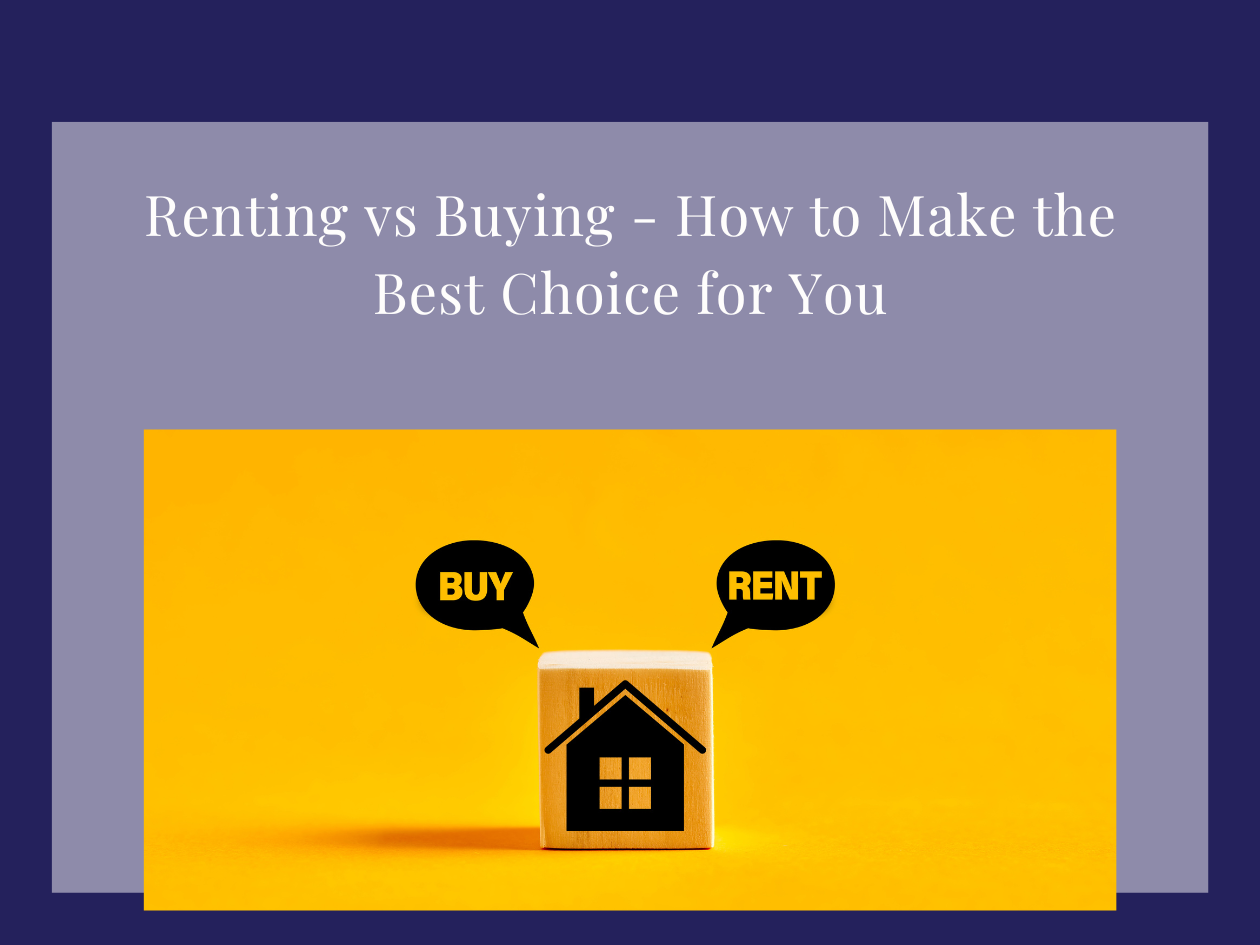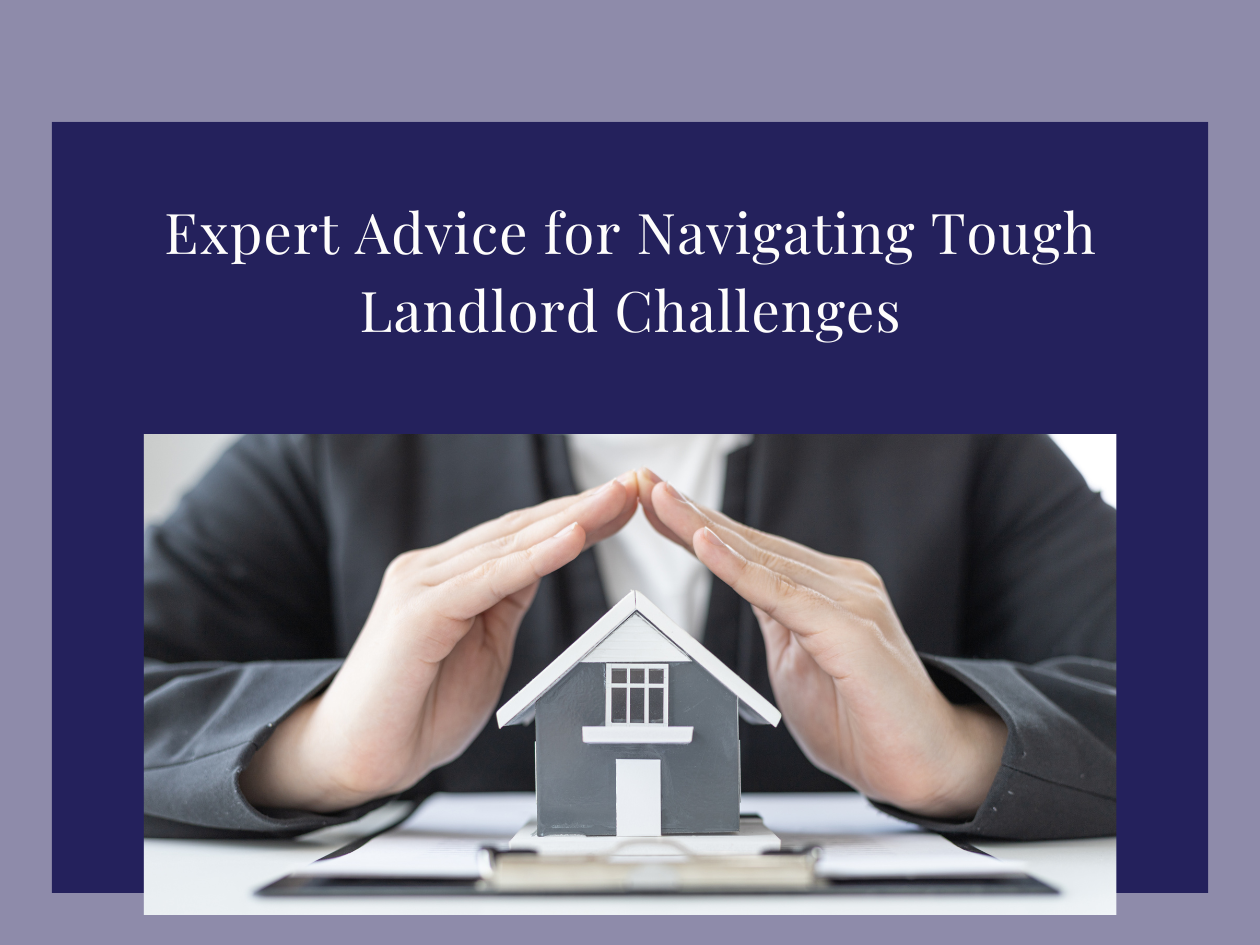Deciding whether to rent or buy a home is one of the most significant decisions you'll face, impacting not just your financial well-being but also your lifestyle and future prospects. Both renting and buying come with distinct advantages and challenges, making the choice deeply personal and contingent on various factors. In this blog, we delve deeper into essential considerations to help you ascertain whether renting or buying aligns better with your needs.
Assessing Your Financial Position
Budget and Savings: Evaluating your current financial standing is crucial. Purchasing a home often requires a considerable initial outlay, including a down payment, conveyancing fees, and other associated costs. Reflect on whether your savings are enough to cover these expenses without risking your financial security. On the other hand, renting typically demands less capital upfront, usually limited to a security deposit and the first month’s rent.
Monthly Outgoings: Check your monthly budget to understand how a mortgage or rent payment would integrate. Ownership entails additional expenses such as council tax, building insurance, maintenance, and repair costs, which can accumulate significantly. While renting might seem to offer a more stable monthly expenditure, it's important to consider potential rent increases over time.
Lifestyle Considerations and Flexibility
Commitment Level: a home is a long-term investment, best suited for those intending to stay in one location for at least five years. If your career necessitates frequent relocations or you're uncertain about committing to a specific area, renting offers the flexibility you might need.
Maintenance Responsibilities: Homeowners are accountable for all maintenance and repairs, which can be both costly and time-consuming. If you prefer avoiding the hassle associated with property upkeep, renting may be more appealing, as most maintenance issues will fall under the landlord’s responsibility.
Future Prospects and Market Trends
Investment Opportunity: Buying a home can be a significant investment, with the potential for property value appreciation over time. However, the property market is subject to fluctuations, and there's a risk that your home's value could depreciate. While renters forego the chance to build equity through property ownership, they also avoid the risks tied to market changes.
Adaptability to Life Changes: Your future plans, including career ambitions, changes in family size, or lifestyle shifts, should be considered. Buying a home may limit your ability to quickly adapt to these changes, whereas renting can offer the flexibility needed to adjust your living arrangements as required.
Personal Preferences and Core Values
Sense of Belonging: For many, homeownership offers a sense of permanence and personal achievement. It provides the freedom to personalise your space and make long-term upgrades. If these aspects resonate with you, buying might be the preferable option. But, if you value simplicity and the absence of long-term financial commitments, renting could be more fitting.
Long-Term Financial Objectives: Reflect on your long-term financial ambitions. Homeownership can be a pathway to wealth accumulation, offering tax advantages and the chance to build equity. Renting may appeal more to those who prioritise flexibility, minimal upfront costs, and freedom from the financial obligations associated with owning a home.
Conclusion
The decision to rent or buy doesn't have a universal solution; it hinges on your financial status, lifestyle preferences, future plans, and personal values. By thoroughly weighing these factors, you can make an informed choice that best suits your life and aspirations. Whether you opt for the stability of homeownership or the flexibility of renting, the key is to select the path that aligns most closely with your individual needs and future goals.
If you need more advice on buying or renting, get in touch with our expert team here.






Share this with
Email
Facebook
Messenger
Twitter
Pinterest
LinkedIn
Copy this link